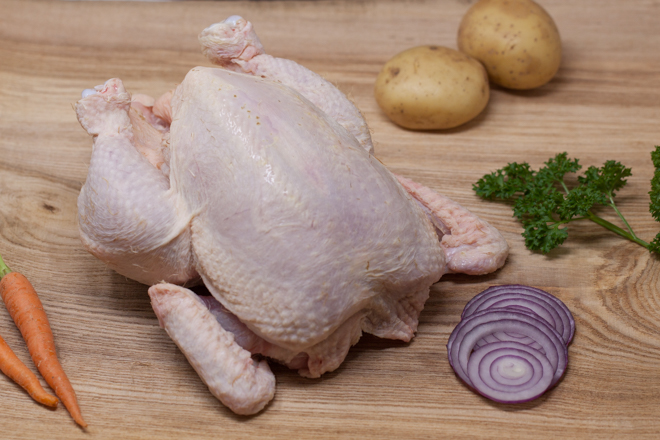What is protein?
Protein is a macro nutrient found in food, which is composed of amino acids. A very important part of a healthy diet, proteins are responsible for building and repairing muscles, tissues, bones and even skin. The recommended daily intake of protein for men is 56g and 46g for women.
Why do we need to eat protein?
Benefits of a high protein diet include building lean muscle mass, recovering after exercise, curbing hunger and helping to maintain a healthy weight.
What food is protein found in?
Vegetables – People often look to meat for protein but there are so many vegetables which have a high content of protein too! Peas, spinach, broccoli and kale are just a few – and all have a high protein content and are full of antioxidant vitamins and minerals. Vegetables are very low in calories too, which means you can eat a lot more of them! Vegetables are also much more versatile – you can simply wash and serve, cook or even blend into a soup or smoothie! It is recommended that you eat at least 5 portions of fruit and vegetables a day.
Grass-fed beef – one of the highest protein meats, not only does it supply almost half of the recommended daily intake of protein, but it is also a good source of vitamins A and E. Vitamin A promotes healthy eyes and skin, and Vitamin E is an anti-oxidant which protects cells from damage.
Free range chicken – High in protein and low in fat, chicken breast supplies over 30 percent of the recommended daily intake on protein. Chicken is also a good source of Vitamins B6 – which is essential the brain and nervous system to function properly along with lots of other health benefits.
Fish – Salmon, Tuna, Cod and other fish are very high in protein and low in fat and calories. Both fish and chicken tend to be favoured for weight loss and muscle gain as they are a lot lower in fats than other protein sources.
Eggs – Eggs are not as high in protein content as meats, but they have a complete amino acid profile. This means that all nine essential amino acids can be found in eggs. Eggs are also rich in biotin, which helps to improve protein absorption. Remember to go for free-range eggs as compared with eggs from caged hens, it was found that the free-range eggs contained much more vitamins and omega-3 fatty acids and even less cholesterol.
Pork – As with other meats pork has different cuts, some of which are fatty and other lean. The National Pork Board found that cuts from the loin of pork are leaner than a chicken thigh and some cuts of beef. Pork is high in protein if you are choosing a lean cut, but if you go for a fattier cut such as bacon then the protein content will be much lower.
Lamb – Lamb is not known as a meat recommended for people who want to lose weight or gain muscle mass, due to the fat content of it. Lamb is an excellent source of protein, with almost double the content of protein than fat. It is also high in Vitamin B12 and omega-3 fatty acids, which are important for heart health.
There are lots of other natural high protein sources including nuts, cheeses and yoghurts. It is important to have a varied diet and eat different sources of proteins, whether you chose meats, vegetables or other sources because each food has different nutrients. By doing this, you will ensure that you eat all of the vitamins, minerals and nutrients your body needs to function healthily and happily!

